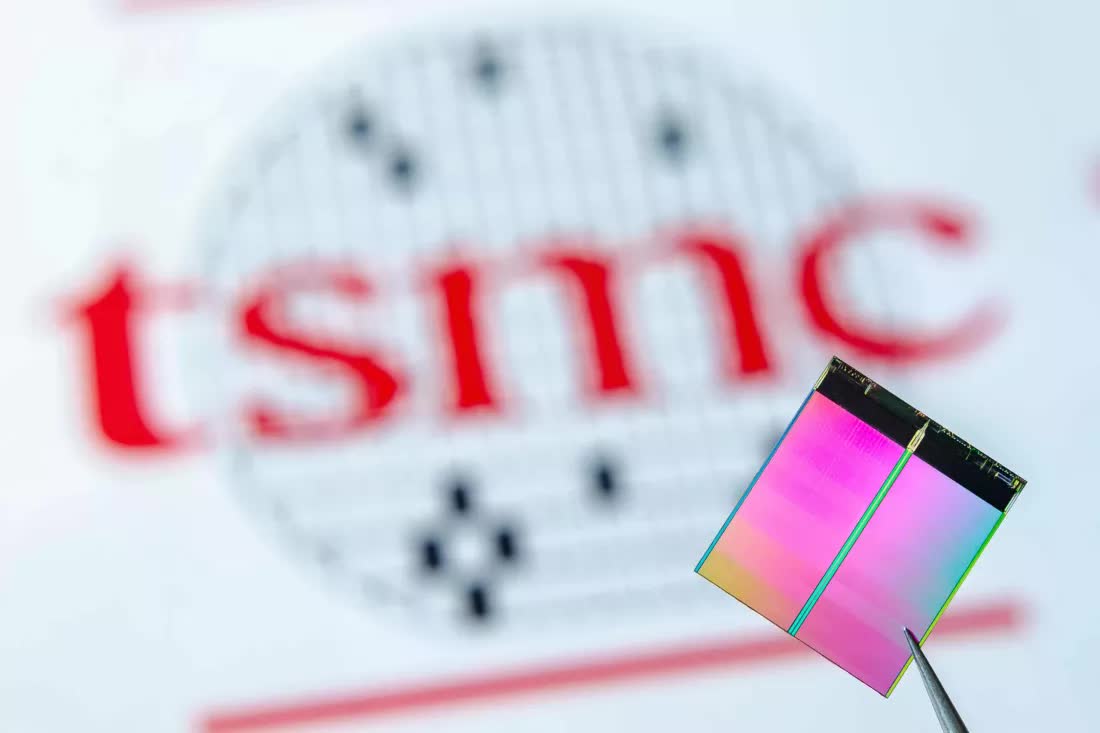In context: It appears that another factor has joined the list of 'reasons why the chip shortage is seemingly unending.' This one is pretty simple: there aren't enough skilled people to fill employment gaps within Taiwan's semiconductor industry.
In addition to the massive discrepancy between supply and demand brought about by the pandemic, chip shortage issues have been exacerbated by (deep breath) high crypto prices, reduced silicon output, a copper foil shortage, a lack of components, shipping delays, aluminum disruption, droughts, lockdowns, and more.
We'd previously heard that chipmakers and electronics makers had encountered another problem: there aren't enough skilled workers to fill the required positions. Now, Nikkei Asia reports that this issue is especially prevalent in Taiwan, home of TSMC and where 90% of the world's most advanced chips are made. The publication writes that the need for more engineering talent is increasing as the pool of graduates shrinks.

Taiwan, which has a population of 23.4 million, had over 30,000 chip-related vacancies during Q4 2022, up 77% compared to Q2 2020. The country's industry had more than 290,000 employees as of the end of last year, up from 225,000 two years previously.
At the same time, Taiwan's STEM graduates fell to 92,000 in 2019 from 116,000 in 2011. Additionally, death rates in the country have been outnumbering birth rates in recent years, resulting in a declining population.
There are over 2,000 jobs currently open in Taiwan from both US and local chip companies. "The shortage of high-end chip talent will pose challenges to the overall development of the semiconductor industry for the future," said Tsai Ming-kai, chairman of MediaTek.
While that's good news for Taiwanese graduates who are headhunted for jobs and can command huge salaries, it's yet another problem on the long list of issues extending the chip crisis.
